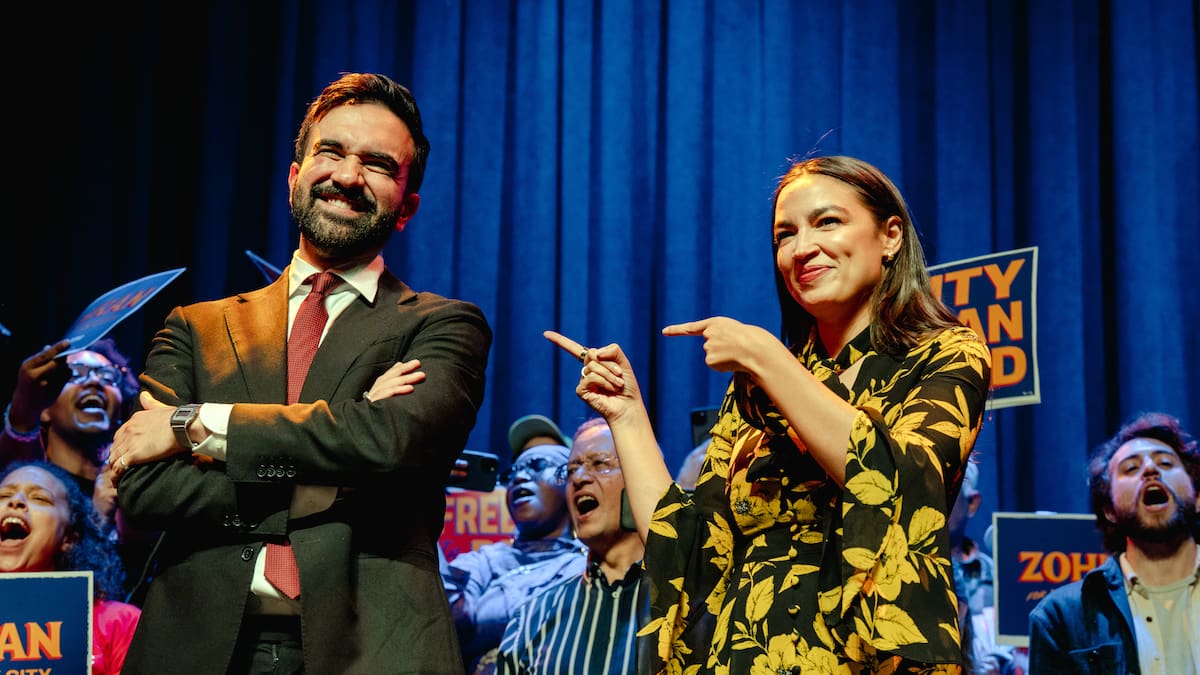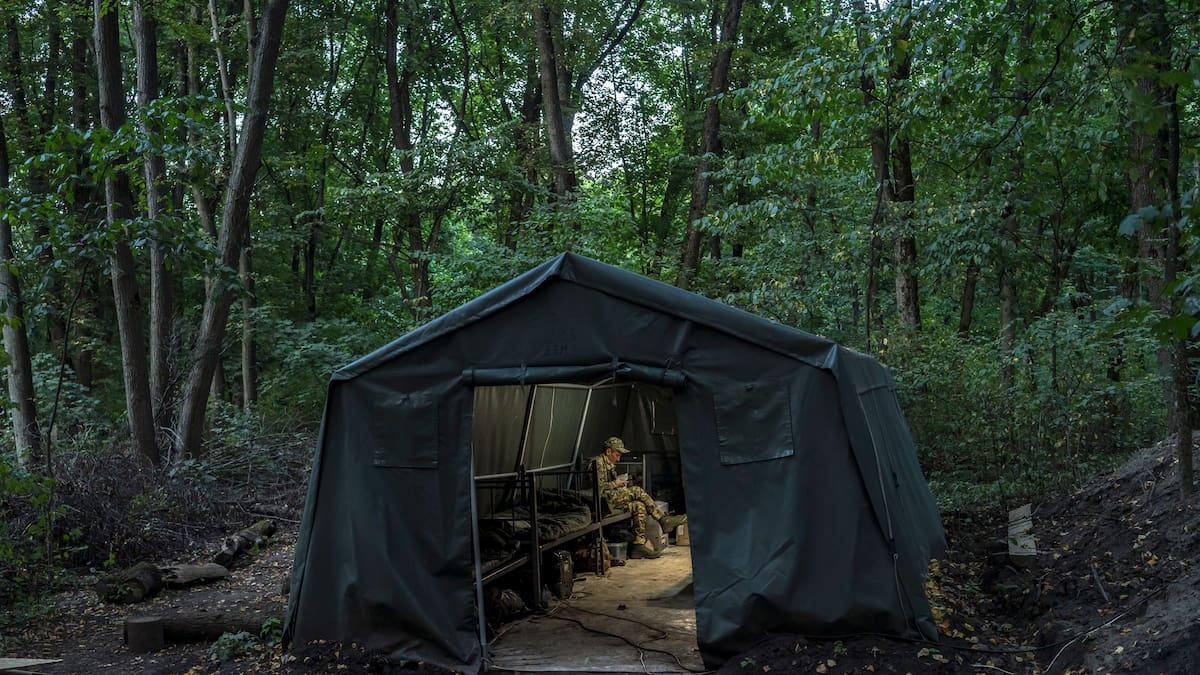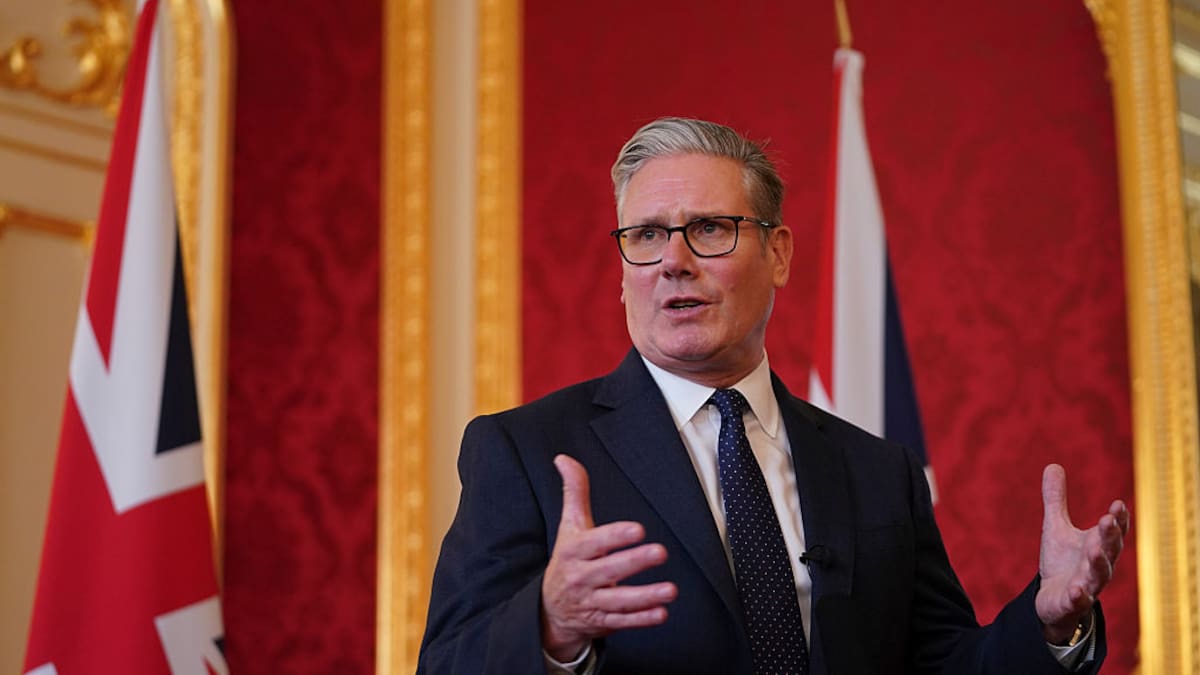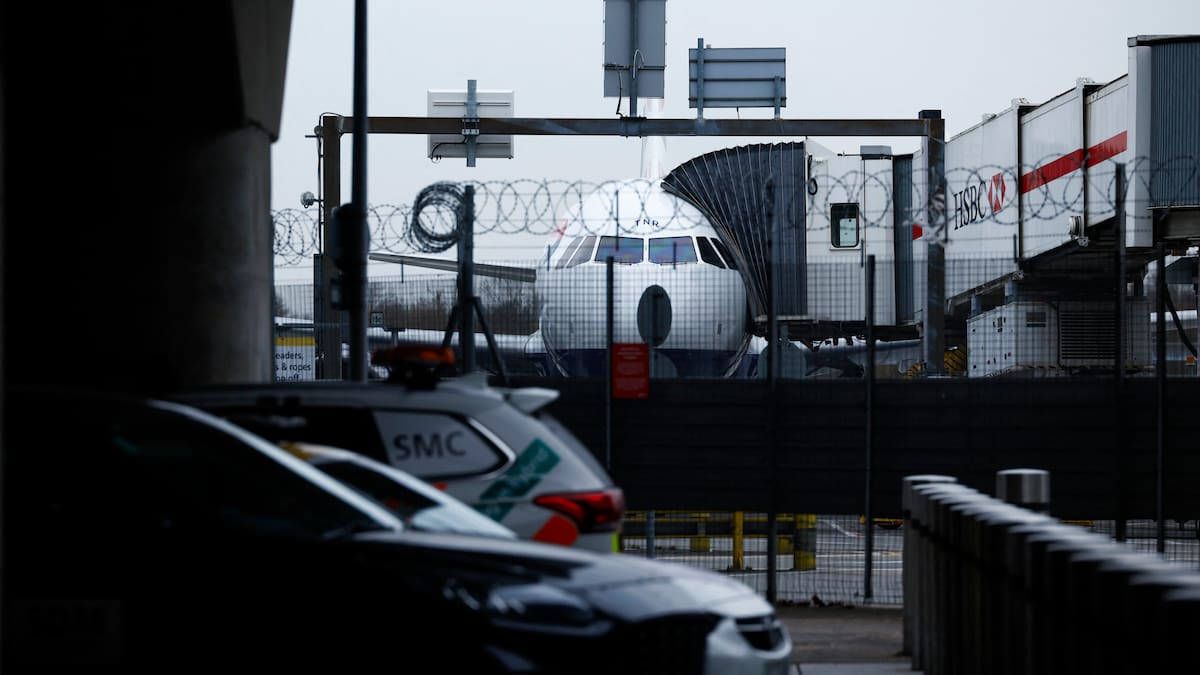The court will finally start hearing charges on Tuesday against Kony, including murder, torture, rape, sexual slavery and pillaging in its first-ever in-absentia hearing.
Multiple international actors have joined the hunt for Kony.
The United States passed a law in 2010 to deploy around 100 special forces to work with regional armies and offered US$5 million for information leading to his arrest.
By then, Kony’s power was much diminished by defections, deaths and surrenders.
But the US abandoned its hunt in 2017 and defectors have continued to confirm Kony’s survival.
A report by a United Nations panel of experts in June 2024 said Kony had been forced to leave long-held bases in Sudan due to its civil war and had relocated to a remote part of the Central African Republic.
It was there that several members of his militia were able to escape in March 2024. Russian mercenaries targeted a suspected hideout the following month, but Kony had recently left, the UN report said.
Messianic rebels
A member of Uganda’s northern Acholi ethnic group, Kony took up arms around 1987, following in the footsteps of another messianic rebel, Alice Auma Lakwena, a former sex worker believed to be either his cousin or aunt.
Lakwena, who died in Kenya in 2007, believed she could channel the spirits of the dead and gave her followers what she called holy oil that could stop bullets.
Kony claimed the Holy Spirit issued orders to him on everything from military tactics to personal hygiene.
The rebellion claimed to be defending the Acholi people against President Yoweri Museveni, who seized power from northern military rulers at the head of a rebel army in 1986 and remains in power almost 40 years later.
Kony’s policy of abductions soon lost him support in the region as the conflict drove around two million people into camps.
Conflict spreads
In an interview with a Western journalist in 2006, Kony insisted he was “not a terrorist” and was “fighting for democracy”.
But ex-LRA abductees say they were forced to maim and kill friends, neighbours and relatives, and participate in gruesome rites such as drinking their victims’ blood.
In the 1990s, the conflict spilled into neighbouring countries as Sudan’s Government began backing the LRA in retaliation for Uganda’s support of southern Sudanese rebels.
That support dried up when the Sudanese factions signed a peace deal in 2005 and, after being forced into neighbouring DR Congo by the Ugandan Army, Kony agreed to peace talks.
Mutual distrust and anxiety over the ICC warrant meant Kony repeatedly failed to turn up to sign a deal.
Kony gained unexpected worldwide prominence in 2012 thanks to a viral YouTube video, “Kony 2012”, calling for greater efforts to capture him, which garnered more than 100 million views in just a few days.
The video was an example of early optimism around social media activism, but the campaign’s momentum quickly waned.
The survivors: ‘All I see is blood’
Every evening, Everlyn Ayo left her village in northern Uganda, trekking with thousands of other children known as “night commuters” hoping to escape the horrors of Kony and his Lord’s Resistance Army.
Ayo saw the brutality first hand when Kony’s forces attacked her school in Nwoya district when she was around 5.
“The rebels raided the school, killed and cooked our teachers in big drums and we were forced to eat their remains,” she told AFP from her home in the nearby city of Gulu.
Ayo, now 39, will be among those following the ICC case on her radio, thousands of kilometres from the courtroom in The Hague.
After her school was attacked, Ayo’s family sent her to relatives in a remote village.
But that was also considered dangerous, and so she became a so-called night commuter, one of the emblematic features of a conflict that raged through much of the 1990s and 2000s.
Every night, she would walk around 5km, joining thousands of other children trekking through forests and jungle to stay in towns or shelters where they hoped there was less risk of being kidnapped by Kony’s army.
“We would leave the villages at 4pm because the distances were long and we feared the villages at night. In the morning, we had to wait for daylight at around 8am to return,” Ayo said.
The shelters were sporadically guarded by government troops, though they would often abandon their posts, themselves fearful of Kony’s fanatical forces.
“We were so many children that even if you did not cover yourself at night, you did not feel cold because we were squeezed together,” Ayo recalled.
Each morning, after walking for hours, they would find new horrors.
“Many times, on our return to the village, we would find blood-soaked dead bodies. Seeing all that blood as a child traumatised my eyes.
“For many years now, I do not see well, all I see is blood.”
‘We cannot lose hope’
Wilfred Lalobo, 60, showed AFP a monument built in Lukodi, just outside Gulu, for 69 people killed in an attack by Kony’s forces on May 19, 2004.
“When the rebels arrived, the government troops were few, and they fled,” he said.
“Then they started killing civilians. Some people were stabbed with bayonet, others hacked and the rest burned alive in their houses.”
“On that day, my 4-year-old daughter, Akello Lalobo was among those killed. My brother’s wife and six other relatives of mine were also killed,” Lalobo added.
Kony’s trial will be closely followed here, particularly by those who have sought to rebuild the region’s many shattered lives.
Stella Angel Lanam was 10 when she was captured by the LRA, which indoctrinated her into becoming a child soldier. She spent nine years in captivity.
Now 38, she is director of the War Victims and Children Networking Initiative, which offers counselling, training, and other support in the region.
Lanam said the trial was a comfort, offering some justice to Kony’s many victims.
“Even though we have passed through a lot, we cannot lose hope,” she said.
“Will the Government or Kony repair me back to the way I was? No. But at least I will get justice.”
Ayo worries that the world has too quickly forgotten the extreme trauma suffered at the hands of Kony’s forces.
She hopes he will one day see real justice.
“Joseph Kony should be punished severely in a way that the world will never forget,” Ayo said.
– Agence France-Presse






